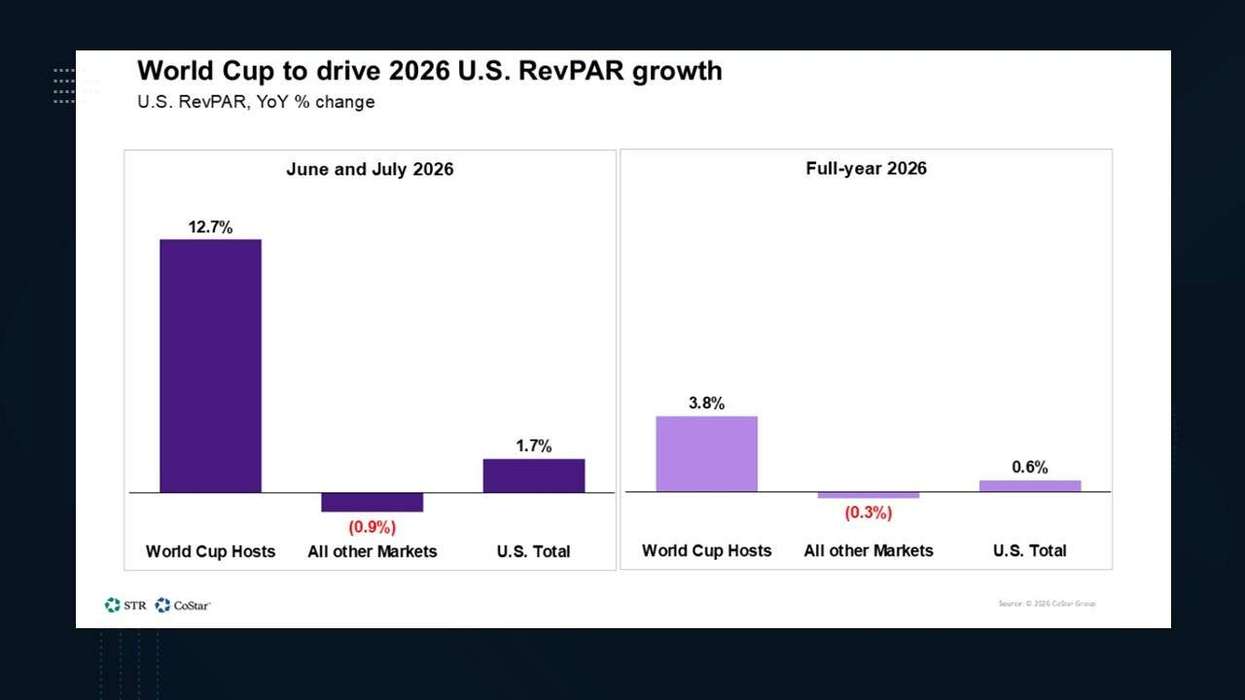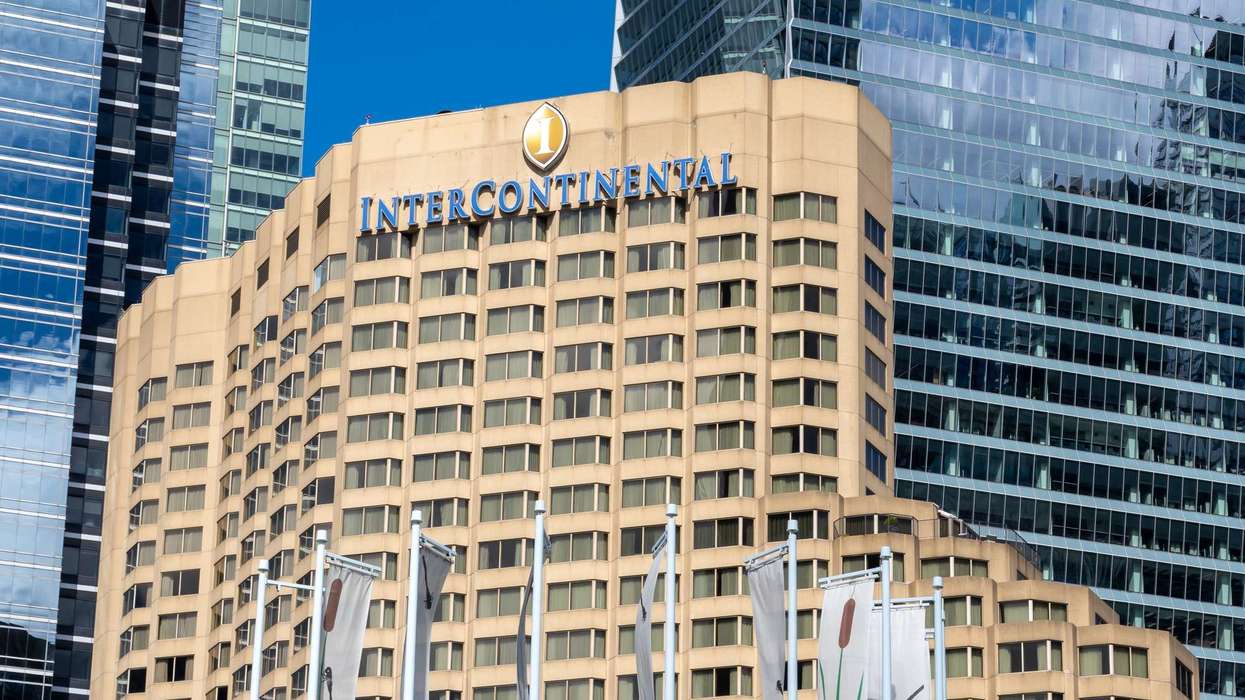PRESIDENT-ELECT DONALD TRUMP joined billionaire Tesla founder Elon Musk in supporting the H-1B visa program despite opposition from some of Trump’s base. Meanwhile, hotel associations, including AAHOA and the American Hotel & Lodging Association, are pushing to replace the 66,000 annual cap on H-2B visas with a needs-based system.
Trump, who restricted H-1B visas during his first term, told The New York Post that he now supports the program.
“I have many H-1B visas on my properties. I’ve been a believer in H-1B. I have used it many times. It’s a great program,” he said.
Despite his statement, Trump has rarely utilized the H-1B program, which allows skilled workers, such as engineers, to work in the U.S. for up to six years. Instead, his companies have frequently relied on the H-2B visa program for unskilled workers, such as gardeners and housekeepers, and the H-2A program for agricultural workers. These visas allow stays of up to 10 months.
Federal data shows Trump’s companies have employed more than 1,000 workers through these programs in the past two decades, Reuters reported.
Trump’s remarks followed a social media post by Musk, CEO of Tesla and SpaceX, who vowed to “go to war” to defend the H-1B visa program. The dispute escalated after far-right activists criticized Trump for selecting Indian American venture capitalist Sriram Krishnan as an adviser on AI, alleging it could influence immigration policies.
Trump also has nominated Indo American entrepreneur Vivek Ramaswamy to head the newly created Department of Government Efficiency along with Musk. Kashyap “Kash” Patel has been named to head the Federal Bureau of Investigation.
The Department of Labor oversees H-1B and H-2 visa programs, each with specific rules. The H-1B program for skilled workers is capped at 65,000 visas annually, while H-2B visas are limited to 66,000. H-2A visas have no cap but are restricted to seasonal agricultural work.
AHLA noted that H-2B visas are vital for hoteliers seeking seasonal labor.
“AHLA co-chairs the H-2B Coalition in Washington, D.C., working with both the Biden and Trump administrations to secure additional visas, including 64,716 for FY 2025,” a spokesperson said. “We look forward to collaborating with Congress to create a more predictable system based on workforce needs.”
AHLA has also urged Congress to pass legislation such as the Closing the Workforce Gap Act of 2024, the HIRE Act and the Asylum Seeker Work Authorization Act to address labor shortages. In May, more than 200 hoteliers from 30 states attended AHLA’s “Hotels on the Hill” event to advocate for a Returning Worker Exemption to expand the H-2B program. AHLA’s analysis shows the U.S. hotel industry supports 8.3 million jobs—nearly 1 in 25 nationwide.
Musk, a South African-born naturalized U.S. citizen, previously held an H-1B visa. Tesla secured 724 H-1B visas this year, according to Reuters. These visas, valid for three years with extensions possible, can also serve as a pathway to green cards. Musk’s tweet directly addressed Trump’s supporters and critics of the H-1B program, sparking debate over skilled foreign workers.
Unlike the hotel industry, which primarily uses H-2 visas, the tech industry heavily relies on H-1B visas for talent. Critics argue this undermines wages for American workers. From 2003 to 2017, Trump’s companies were approved for more than 1,000 H-2 visas for jobs at properties like Mar-a-Lago in Florida.
In 2022, Trump Media & Technology Group filed an H-1B application for a “product data analyst” role at $65,000 annually, though it is unclear if the position was filled. Trump’s winery in Charlottesville, Virginia, recently sought 31 H-2A workers at $15.81 per hour.
In September, more than 400 AAHOA and AHLA members met with Congress to discuss workforce expansion and visa reform, including the Closing the Workforce Gap Act of 2024. The bill proposes replacing the H-2B cap with a needs-based system, addressing labor shortages impacting industries nationwide.






